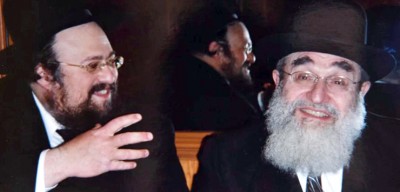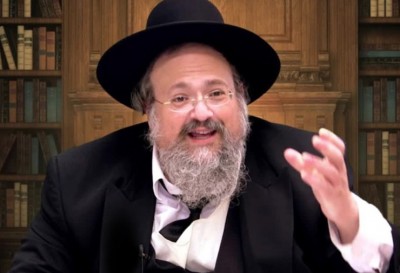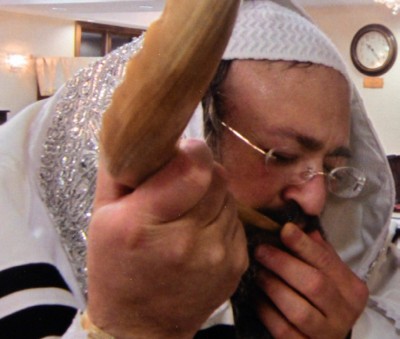


Shiurei Lev Aharon – Leilui Nishmat HaGaon HaRav Ahron Walkin Zatzal
Rav Walkin zt”l was privileged have a close relationship with Rav Reuven Feinstein shlit”a. In a discussion the two gedolim once shared an everlasting conversation. Rav Feinstein related to Rav Walkin a query once posed to his father, the great Rosh Hayeshiva, HaGaon Rav Moshe, zt”l. He inquired, “How can we understand the concept that Hashem is dan l’kaf zchus – (judge others favorably)?”
As mere mortals, we truly do not know the full picture that Hashem our creator has in store, and when we see someone seemingly doing something erroneous, we can assume that he has a reason, beyond our limited understanding, for doing so. The Ribono Shel Olam, however, knows clear and well every minute detail of every one of a person’s actions. So, how is it possible for us to turn to Him and ask Him to judge us
favorably?We just passed the holy day of Yom Kippur when we asked Hashem for this precise favor and we have until Hoshana Rabba for these decrees to be sealed for the year ahead.
Truthfully, we can answer this question by saying that what we are asking of Hashem is to investigate the underlying reason of our sins. We truly have wronged Him; however, we blamed our errs on all the pain and hardships that we have endured. If not for all the suffering and nisyonot (tests) that is a part of this long galut (exile), we would not have gone so far astray. We turn to Hashem who understands this concept better than any living being. When we reflect on Hashem judging us favorably, this is underlying meaning.
Hashem Does Not Want to Hear Lashon Hara
The Rosh HaYeshiva related a deep thought in the name of the Chofetz Chaim based on the pasuk “Banim atem la’Hashem,” – “We are all children of Hashem.” According to the sanctified words of Rav Yisrael Meir Kagan, Hashem our father in heaven is pained most when He overhears us speak ill of one another. The last thing any father wants to hear about his child is lashon hara (hurtful speech). Now, in the days following Yom Kippur, as we continue the Yamim Noraim when we stood before Hashem seeking judgement, and as a zechut for the Rosh HaYeshiva, do not speak lashon hara, and we all stay safe.
Please visit www.ravahronwalkin.com for weekly updates from the Rosh HaYeshiva’s lectures.
How Can Hashem Be Dan Lekaf Z’chut?
Typography
- Smaller Small Medium Big Bigger
- Default Helvetica Segoe Georgia Times
- Reading Mode


